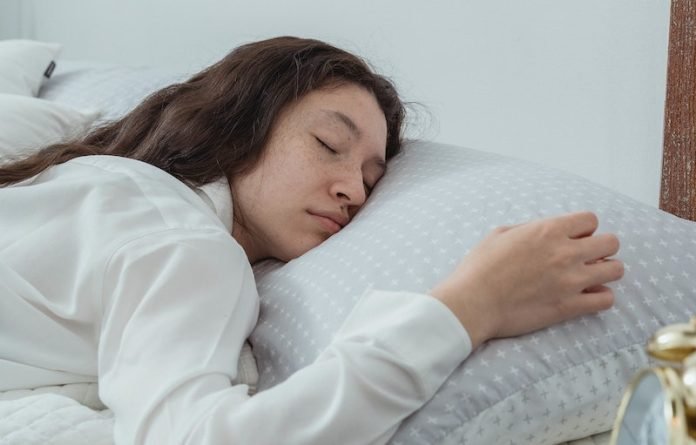
In a study from Flinders University, scientists found a drug previously used to treat depression can reduce obstructive sleep apnea (OSA) severity.
While not yet identifying a cure, the study opens up further avenues for the development of future drug treatments targeted at the huge number of people unable to tolerate current sleep apnea therapies, such as continuous positive airway pressure (CPAP) machines.
Obstructive sleep apnea can be a debilitating disease, causing poor quality sleep at night and sleepiness during the day.
Recent research found a combination of the medicines reboxetine and oxybutynin, which were both previously used for unrelated conditions, could be an effective treatment for obstructive sleep apnea but can cause side effects.
In the current study, the team tested 16 people who had OSA. They tested single doses of reboxetine compared to a combination of reboxetine and oxybutynin or placebo.
The results showed that reboxetine on its own can reduce sleep apnea severity.
They found the drug reduced the number of sleep apnea events per hour and also improved oxygen levels, while the addition of oxybutynin didn’t cause additional improvements.
The researchers also used a state-of-the-art computing method to determine how the drug stabilizes breathing during sleep, which allows us to identify which patients might benefit most from the drug in the future.
The team’s findings present the first evidence that reboxetine alone reduces OSA severity, and provides further insight into the role of norepinephrine reuptake inhibitors on upper airway stability during sleep.
The team says the current gold-standard treatment of sleep apnea is with a CPAP device during sleep.
But this one-size-fits-all approach doesn’t address the fact that there are different causes for sleep apnea. In addition, many people can’t tolerate CPAP in the long term.
It’s therefore important for researchers to discover other avenues to assist people, and this study provides an important step for future drug development.
If you care about sleep apnea, please read studies about a new way to detect sleep apnea, and this drug could help treat insomnia and sleep loss.
For more information about sleep, please see recent studies about how to protect your sleep from insomnia over COVID-19 anxiety, and results showing sleep aids aren’t safe for older adults, but 1 in 3 still take them.
The study was conducted by Dr. Thomas Altree et al and published in the Journal of Clinical Sleep Medicine.
Copyright © 2022 Knowridge Science Report. All rights reserved.



